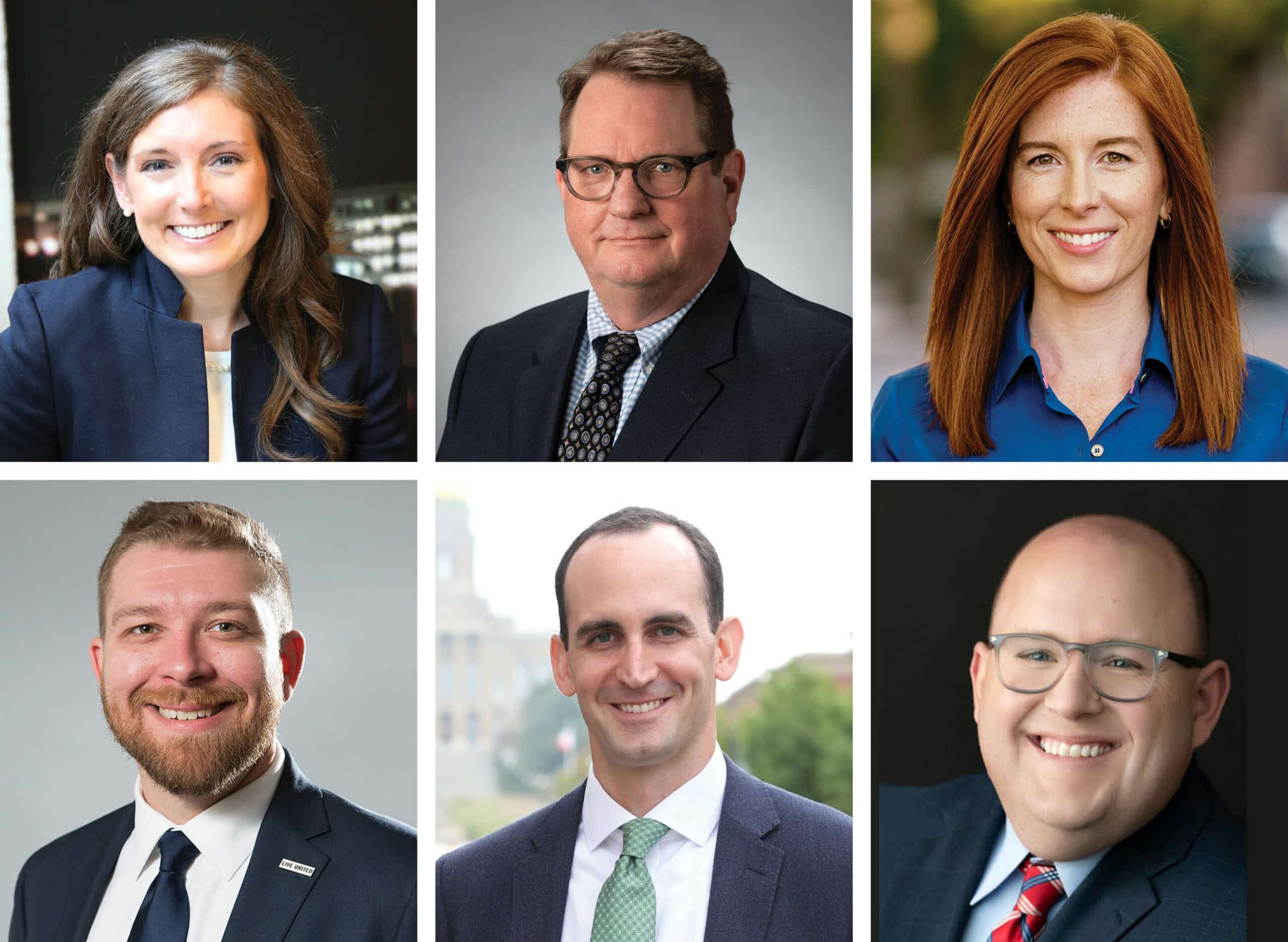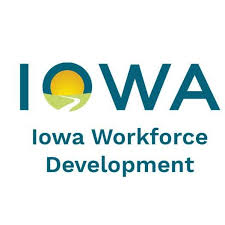Business leaders outline agenda for 2024 session
Legislative priorities center on workforce development

Business leaders are closely watching the Legislature this year for action that will help make Iowa more competitive and make the state more attractive to potential employees.
The Business Record hosted its Legislative Forecast for the 2024 session on Jan. 9, looking at what the business community’s priorities are for the General Assembly, which convened on Jan. 8.
Panelists for the conversation included JD Davis, vice president of public policy for the Iowa Association of Business and Industry; Dave Stone, advocacy officer for the United Way of Central Iowa; Joe Murphy, president of the Iowa Business Council; Andrea Woodard, director of regional community integration at the Greater Des Moines Partnership; Dustin Miller, executive director of the Iowa Chamber Alliance; and Mollie Ross, vice president of operations for the Technology Association of Iowa.
Topics that were discussed revolved around workforce development, tax policy, child care, and technology, among others.
Here are some highlights from the conversation.
Workforce development
Woodard: There’s internship programs that high school students can get. It’s federal money that supports those programs but it can only be drawn down during the 180-day school year, so how do we make some of those policy changes to expand existing programs and opportunities and reduce those barriers that might be there for students? That is one of those examples we’re looking to hear more about.
Davis: A couple of years ago, we passed legislation that enabled folks not on the education side of the equation to be in charge of these [work-based learning] programs in businesses. That allows a greater amount of opportunities to get these stood up in school districts. We also asked that all school districts report whether they have these types of programs going. At ABI, it’s our expectation that we will be matching employers with school districts that need to stand up these programs so we can get more training going on. In 2024, we need to keep things going.
Murphy: Iowa is, in a lot of ways, leading the nation in registered apprenticeship programs. It takes that partnership between the business and school district, and when you look at that opportunity to provide job exploration for students, I think registered apprenticeship programs is the premier model, but it’s not going to work for every company. So we have to be open to quality pre-apprenticeship programs or a high school internship program. Looking at those three primary driver job opportunities would be the areas the Business Council will focus on.
Taxes
Murphy: I think there’s going to be at minimum an acceleration at getting to that 3.9% individual rate and then possibly an acceleration on the corporate side as well. I think there’s a great opportunity to make our tax structure more competitive and at a more accelerated rate. We’ve had a really long way to go in Iowa … so we’ve made steady progress on that and I think it’s important to keep up that momentum but do so in a responsible way in order to make sure we have the resources to fund essential government services … and I think the fiscal health of Iowa enables that future reality.
Miller: There’s billions of dollars in various accounts and we saw a pretty massive surplus this year. I agree that on the personal income tax side we’ll see an acceleration on the timeframe on the step down and certainly on the corporate side. It’s an extremely favorable scenario for us to go from a high rate, highly complex system to a low rate, simplified system. We used to not even be on the playing field for business attraction with site selectors. While tax isn’t the sole factor in business location or expansion or retention, tax climate is one of those components. All of a sudden, Iowa with the direction we’re heading, that creates a much more favorable environment for people to make investments in.
Child care
Stone: Child care continues to remain a key hurdle [to a family’s ability to thrive]. We absolutely appreciate the work the Legislature last year did in increasing the child care assistance eligibility for families and increasing reimbursement rates for providers. But we still have this economics problem in the child care ecosystem, and that would mainly be the workforce side. So one of the more innovative approaches that we think we could look at this session is why not provide all child care providers a state income tax break, at least exempt them from those. Child care providers are some of the lowest paid employees of any job classification in this state, and we’re looking for ways to make the job more professional and competitive. A state-based income tax break could give them a couple of more dollars an hour, [and] creates no pressure on centers to increase revenue, which gets passed onto families.
Technology
Ross: In cybersecurity we’re going to continue to talk about education and training, making sure companies across the state are kept aware and resources are available to train their team members, and resources are available to strengthen their cybersecurity practices and hopefully the state provides resources to do that.
AI
Ross: AI is everywhere and part of every conservation. I don’t think the Iowa Legislature is going to avoid the conversation. Whether there will be any bill movement is yet to be seen. I know there are conversations being had. I think the important thing is we all can operate from a place of understanding. A lot of the conversation surrounding AI is fear based. I think it’s important we all … lean into the value AI brings and potential to our state, especially when we talk about a workforce shortage. I don’t know if legislation is coming, but starting from a point of definition is where we’re at and hoping to continue to have conversations with our legislators and work with our members who are working with AI and developing technologies like AI to come to a place of understanding before we make any sweeping change.
Food Security
Stone: A couple of things the Legislature could do immediately is just an influx of cash. Just an appropriation for the overall food security systems, the food banks and food pantries, but also the Double Up Food Bucks Program of Iowa’s Healthiest State Initiative, something we have invested in for a number of years and would love to see. Kids aren’t ready to learn if they’re hungry. Your employees aren’t going to be as productive if they’re struggling to meet the needs of their families, or themselves.
You can view the entire Legislative Forecast at www.businessrecord.com/legislative-forecast.

Michael Crumb
Michael Crumb is a senior staff writer at Business Record. He covers real estate and development and transportation.










